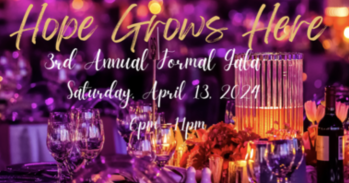1) Rap makes you more creative. Spontaneous lyrical improvisation engages your brain’s prefrontal cortex region, which is responsible for creative thought, finds a new National Institutes of Health study. With those parts of your brain fired up, you’re more likely to experience new insights or bursts of creativity, the study suggests.
2) Classical music helps you focus. Brain scans conducted by Stanford University researchers show classical music – especially complex, continually changing symphonies like those from Baroque composers like Bach and Handel – actually helps your mind focus and sort out information. Cognitive stumble – when your mind expects to hear something, but is surprised by an unanticipated chord or harmony – helps engage and sharpen brain regions responsible for attention and anticipation, the study authors say.
3) Fast tunes boost your speed. Music helped cyclists bike faster for longer periods and reduced game-day jitters among basketball players, according to two recent studies from Brunel University in the U.K. How? Music appears to rev up your central nervous system for activity while simultaneously helping to distract your mind from discomfort or difficulty, the research suggests.
4) Your favorite song really does make it all better. Listening to music that moves you triggers the release of dopamine, a neurotransmitter in your brain that also heightens the pleasure you get from sensual experiences like food and sex, finds a study from McGill University. The key to the dopamine release is that the music must give you chills, the study authors explain. So whether it’s the theme to Shawshank Redemption or fun.’s rousing “We Are Young”, throw on your favorite inspirational tune to heighten the mood with your girlfriend – or the taste of a good ol’ cheeseburger.
5) Certain chords can heal you. Patients who listened to mellow music before, during, and after surgery reported reduced pain and anxiety and required less sedative medication, according to a University of Kentucky study. Here’s why: Music masks harsh sounds and irritating background noise while also engaging the listener emotionally. The result? Distraction from your pain, says study author Lori Gooding, Ph.D., director of music therapy at Kentucky. Chill out with artists like Enya, Jim Brickman, or Burt and Joe Wolff – they’re proven pain reducers, says Gooding.
6) Singing could be good for your health. Researchers found that hospital employees who took part in a choir program reported both improved health and greater engagement at work. Why? Social bonds formed during cultural activities (like singing) have a positive effect on your perceived well being and general health, says study author Jonas Vaag, a clinical psychologist at Nord-Trøndelag Health Trust in Norway. Singing also triggers the release of endorphins, which boost your feelings of happiness and pleasure, finds a recent UK study. (Mens Health)













